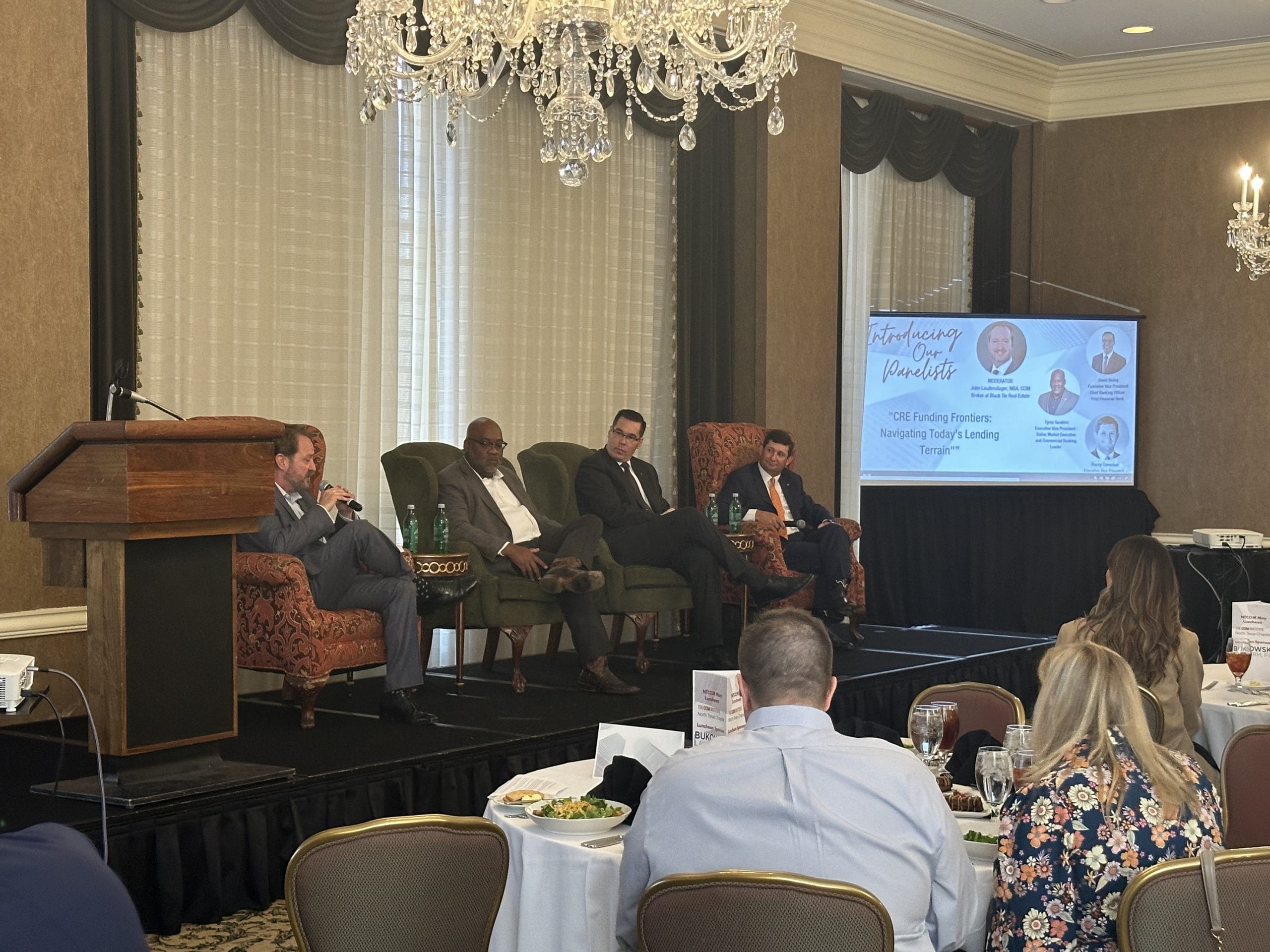- There is a looming wave of refinancing coming for commercial real estate property owners.
- Because of rising interest rates and scarcity of debt, it may be very difficult for a property owner to refinance.
- That may present an opportunity for you and your lawyer to renegotiate your existing mortgage with your lender.
The commercial real estate market is interesting right now. We talk about it here almost every week. And its about to get even more interesting as a significant challenge is approaching for many property owners – a wave of expiring mortgages in the next two years. This confluence of factors – rising interest rates, a tighter lending environment, and potential property value fluctuations – presents a unique set of obstacles for commercial real estate owners with maturing loans. And potentially a unique opportunity for investors to acquire some distressed assets. So lets talk about it.
The Numbers Game: A Looming Refinance Cliff
While pinpointing the exact number of expiring mortgages is difficult due to the decentralized nature of loan data, industry reports suggest a significant portion of Texas commercial real estate loans originated between 2018 and 2021 are set to mature in the next 24 months. This surge in refinancing activity coincides with a less forgiving lending landscape compared to a few years ago. Interestingly, on Thursday this past week, Bukowski Law Firm sponsored the North Texas CCIM May luncheon in Fort Worth. We had a great panel of lenders talking about this very topic. It was very insightful listening to what they are thinking.
The problem started, of course, because the Federal Reserve’s unprecedented interest rate hikes aimed at curbing inflation have significantly impacted the commercial mortgage market. Previously secured loans with historically low interest rates are set to expire, forcing borrowers to navigate a market with much higher borrowing costs. This can significantly impact a property’s cash flow and potentially make refinancing at the new rates untenable.
The question, then, is what happens when these mortgages do mature. And the properties do not work when the interest payments have greatly increased because of the rate hikes. While loan defaults and foreclosures are a huge concern, lenders may be hesitant to take back ownership of properties. Foreclosure processes are time-consuming and costly, and flooded markets with distressed assets are undesirable for lenders. In general, banks do not want to foreclose. They would rather find a solution that allows the borrower to keep the property and continue making payments.*
And its not just rising interest rates that owners have to deal with. The recent economic uncertainty has also caused lenders to become more cautious. Banks are tightening their lending restrictions and demanding stricter loan-to-value (LTV) ratios. This “debt squeeze” means securing new financing at favorable terms might be a challenge, especially for properties that have experienced a decline in value.
Renegotiation Can Be a Path Forward
Given these complex factors, navigating the upcoming refinancing wave requires a proactive approach. At the CCIM luncheon, the banks were saying that they are hesitant to continue to extend and renegotiate mortgages anymore. I am a little dubious of that because I still do not think they want to own the property. Its not good for their ratios. As a result, renegotiation of those loans is still a possibility. That’s where a good commercial real estate lawyer can help by:
- Understanding Your Loan Documents: We can meticulously review your existing loan documents to identify potential prepayment penalties, extension options, and other clauses that might offer some flexibility during negotiations.
- Loan Restructuring: We can work with your lender to explore options such as extending the loan term, modifying the amortization schedule, or potentially negotiating a lower interest rate.
- Financial Strength is Key: We can help you develop a comprehensive financial package that demonstrates the property’s strong cash flow and potential for continuing debt service under the new loan terms.
- Transparency and Communication: Open and honest communication with your lender is crucial. We can help you frame a clear and realistic proposal that showcases your commitment to maintaining the property and fulfilling your financial obligations.
- Exploring Alternatives: While renegotiation is often the preferred course of action, we can also explore alternative financing options such as private lenders or bridge loans if the primary lender proves inflexible.
The Bottom Line: A Proactive Approach is Key
The coming wave of loan maturities presents a significant challenge for Texas commercial real estate owners. However, by taking a proactive approach and seeking the guidance of a qualified Texas real estate lawyer, you can navigate these obstacles and secure a solution that benefits both you and your lender.
Remember, early action is critical. Don’t wait until your current loan is about to expire to start the conversation. By initiating the process well in advance, you demonstrate your commitment to finding a mutually agreeable solution and position yourself for a successful outcome.
*This holds for traditional lenders. It does not necessarily apply to third party lenders who may welcome the opportunity to own foreclosed property.



